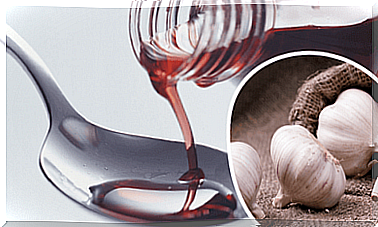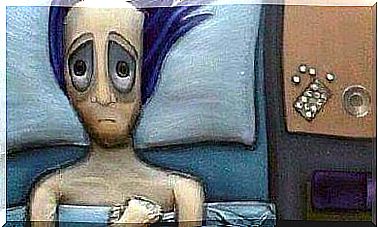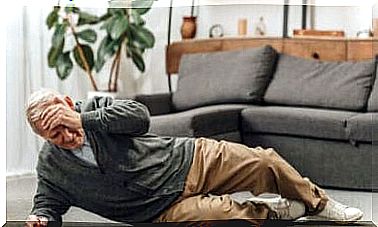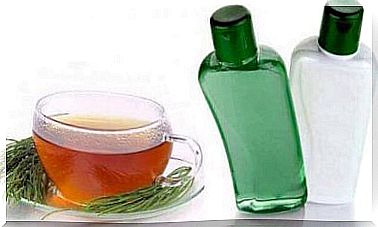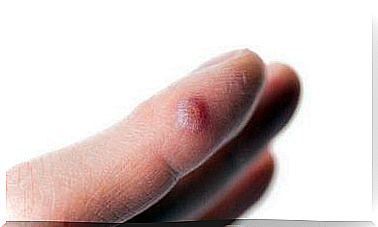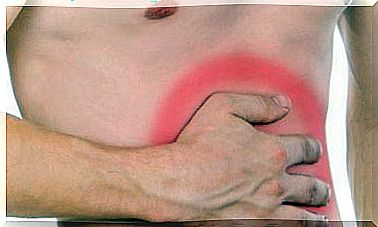According To ENT Doctors, One In Ten People May Lose Their Hearing
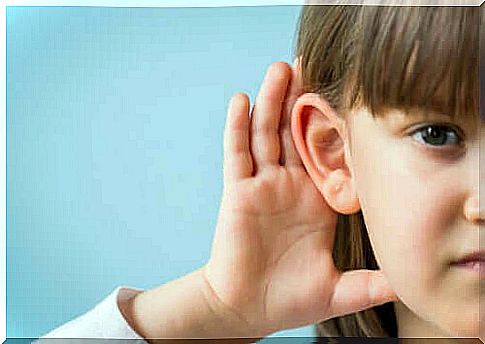
One in ten people could lose their hearing in the next 30 years if risk factors such as exposure to loud noises, use of narcotic drugs that are toxic to the hearing, and poor diet are not mitigated.
The Spanish Society of Otorhinolaryngology and Head and Neck Surgery (SEORL-CCC) declared this on World Hearing Day 2021, which is celebrated on March 3 every year (Spanish link).
Experts claim that, according to data from the World Health Organization (WHO), 34 million children and 432 million adults worldwide suffer from disabling hearing loss, 60% of which is due to preventable causes.
According to this organization, that number could rise to 900 million by 2050. This means that one in ten people could develop hearing loss. They could even lose hearing altogether.
Young people are at risk of losing their hearing
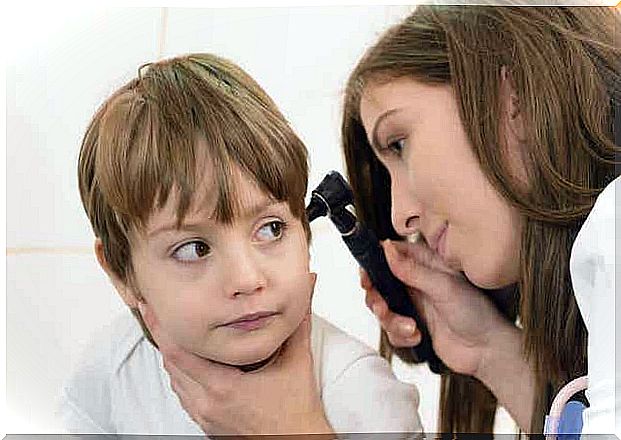
The WHO states that approximately 1.1 billion young people are at risk of severe hearing loss as a result of their frequent exposure to loud noises in recreational settings. People between the ages of 12 and 35 are most exposed to these kinds of stimuli.
dr. Luis Lassaletta, Chair of the Otology Committee of the SEORL-CCC, pointed out that it is not easy to make young people aware of the risks of high noise levels. Many of them often visit nightclubs, bars and concerts, which are places with high noise levels.
Similarly, the use of headphones and the continued use of mobile phones are risk factors. Experts explain that not only the intensity of the volume counts, but also the exposure time on these devices.
Hearing, nutrients and medicines
A poor diet is another factor that affects hearing loss at all ages. Recently published studies have linked the consumption of sugar and some alcoholic beverages, such as beer, to deafness, especially in older people.
dr. María José Lavilla, Chair of SEORL-CCC’s Audiology Committee, pointed out that people with high cholesterol, obesity and diabetes can also lose their hearing. Not to mention the consumption of alcoholic beverages, smoking and a sedentary lifestyle.
Similarly, the specialist indicated that frequent drug use is also linked to hearing loss. Drugs such as ibuprofen, aspirin, diuretics and antibiotics of the aminoglycoside group are considered ototoxic. You should therefore consume them carefully.
Prevention in children

60% of hearing loss in people under the age of 15 is due to preventable causes. It is especially important to observe some basic measures to prevent the problem in this part of the population.
The main thing is to take care of the mother’s health during pregnancy and to vaccinate children against teething diseases. 31% of cases of deafness are due to diseases such as measles, mumps and others. In turn , 17% is related to preterm birth, low birth weight and perinatal asphyxia.
It’s also essential to get your child tested for a middle ear infection and to make sure they get periodic ear exams. Early diagnosis significantly improves treatment and prognosis.
Simple steps you can take to take care of your hearing
Many audio devices include a feature called ‘sound permitting’. It is software that tracks listening habits and warns you when you enter unsafe sound environments. The WHO-ITU standard recommends that all devices have this feature.
Similarly , the WHO recommends that people avoid exposing themselves to high noise levels at any age and in any environment. If necessary, use safety headphones or earplugs. Regular ear exams are also very important as they allow early detection and treatment of potential problems.

